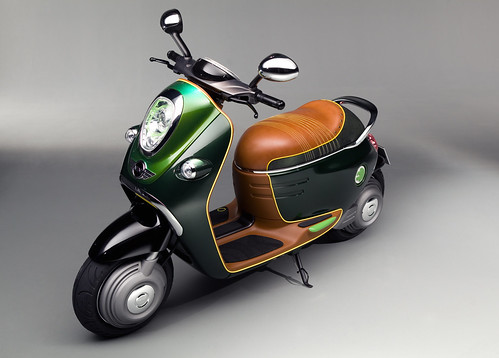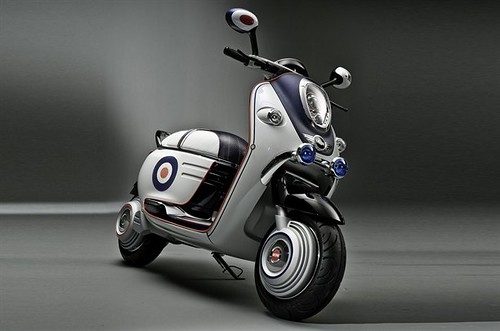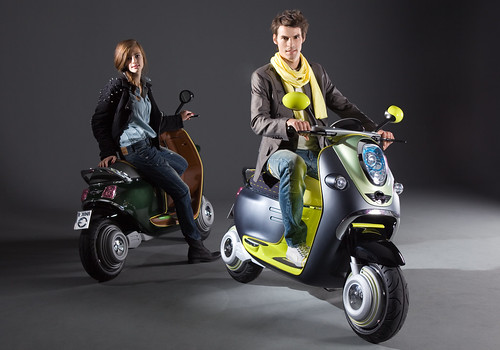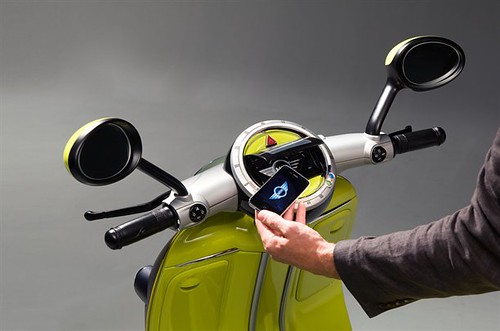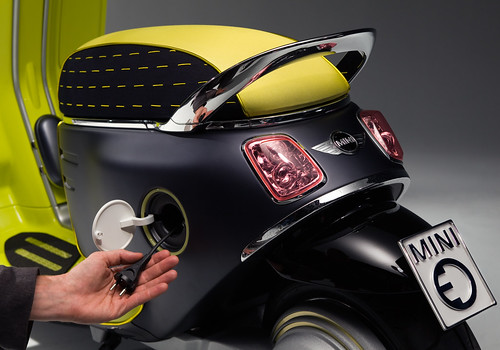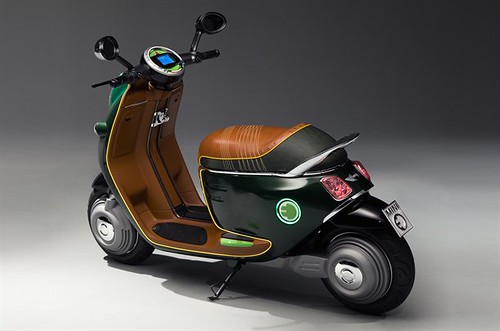Halloweenie wrote:I like them, but I have concerns. Why expend the energy pushing heavy batteries around? What is the real benefit changing from petrol to electricity, electricity being derived predominately though the burning of coal in the US? Why not use the existing electric motor in conjunction with a small hydrogen fuel cell? Burning hydrogen gives off little to no toxic emissions and is plentiful. Another alternative would be a hybrid HCNG fuel which could work as well if you just want to avoid petroleum. Just a couple thoughts in my head...
All good ideas, but there are problems. As Eric said earlier, fossil-fuel produced electricity has a much lower carbon footprint (per mile) than gasoline. With the emphasis on hybrid cars, battery technology should improve battery power density and life to make a 100 mile/charge scooter viable in 5-10 years. Maybe.
Hydrogen is another story, however. Although it burns completely clean (water is the only byproduct of the combustion process) we are decades from seeing it used in cars, let alone scooters. The first problem is infrastructure (already discussed.) Second is fuel cell technology. Fuel cells are complicated and very, very expensive. They are years away from being commercially viable in cars. To get them into scooters will take another generation of the technology to minaturize and maintain power. The third problem with hydrogen is storage. Currently, the tanks that are used in cars are large and heavy. They need to be able to handle 3000+ psi hydrogen. This means they have to be heavy! Also, to get any reasonable mileage at those pressures, the tanks take up a third of the trunk. Making tanks smaller and useable on a scooter is difficult. We use high-pressure reusable tanks in the space program, and they are very fragile and massively expensive (hundreds of thousands of dollars each.) I have no idea how long it will take to make these scooter-sized.
I hope I didn't burst anyone's bubble on this, but I thought I would share.
